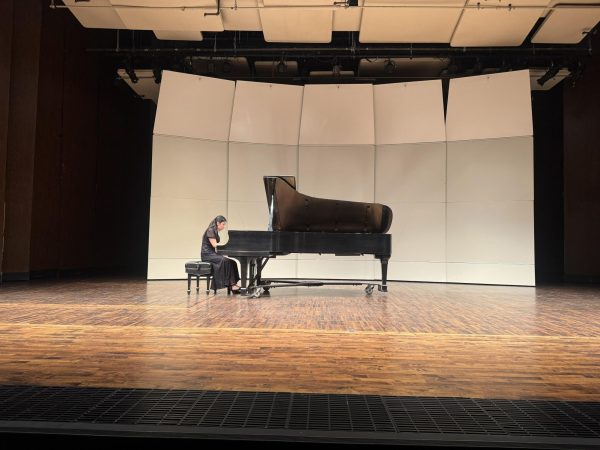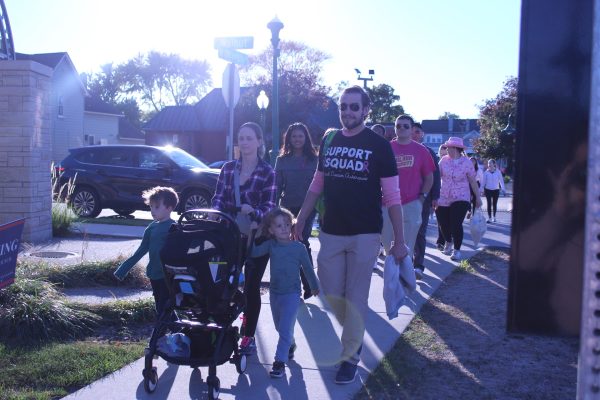OU Political Science Professors address 2020 Presidential Election
It’s no secret that the 2020 presidential election has been quite the wild ride. Amidst all the chaos, Oakland University political science professors David Dulio and Peter Trumbore gave insight into their thoughts.
“[I’m most excited for the election] to be over,” said Dulio, director of the Center for Civic Engagement and professor in the department of political science. “I think we’re probably in for a protracted post-Election Day period for at least two reasons — delays in counting some absentee ballots (not necessarily in Michigan, but other states) and lawsuits (both presidential candidates have teams of lawyers at the ready).”
When it comes to the impact the ongoing COVID-19 pandemic had on the election, both Dulio and Trumbore, professor and chair of the department of political science, agree the pandemic has played a monumental role.
“COVID-19 has had a huge impact on this election,” Dulio said. “It has been an issue that has driven the debate — where there is significant contrast between the candidates for president. Candidates running for various offices have been infected, many voters are choosing to cast their vote via absentee ballot this year, the list goes on. We’re told we’ll see record turnout this year in terms of raw votes. It’ll be interesting to see the vote totals and the turnout percentage after all votes are counted.”
Trumbore touched on the record voter turnout, saying there has been a huge expansion in terms of people voting.
“We’ve already seen record numbers of early voting and absentee voting (as of Thursday, Oct. 29) and that’s not just in Michigan, but across the country,” Trumbore said. “We’ve seen depending on your partisan leaning, different issues matter for different parts of the electorate. Democrats overwhelmingly say the handling of the pandemic is the top electoral issue, [while] Republican voters say the economy is most important.”
When all is said and done, regardless of the outcome, not all Americans will be happy. To mitigate the anguish between groups with differing opinions, Trumbore mentioned citizens must respect that they don’t have to, and can’t always, agree.
“The bottom line is we have to rebuild our connections to each other one relationship at a time,” Trumbore said. “We have lost our ability to disagree with each other, but still respect each other and respect that we don’t have to agree in order to stay in [a relationship]. The work of rebuilding that has to take place on an individual basis.”
As a society post-election, Trumbore encouraged OU students and the greater community work to reach across divisions.
“[I keep coming back to] being able to live with people that we disagree with, which requires us to reach across those divisions,” Trumbore said. “It’s incumbent on everyone to try and do that, whether [their] side wins or not. It doesn’t mean we don’t disagree or advocate for the policy positions we think are important — but we have to be able to do so in a way that is constructive and not destructive.”




